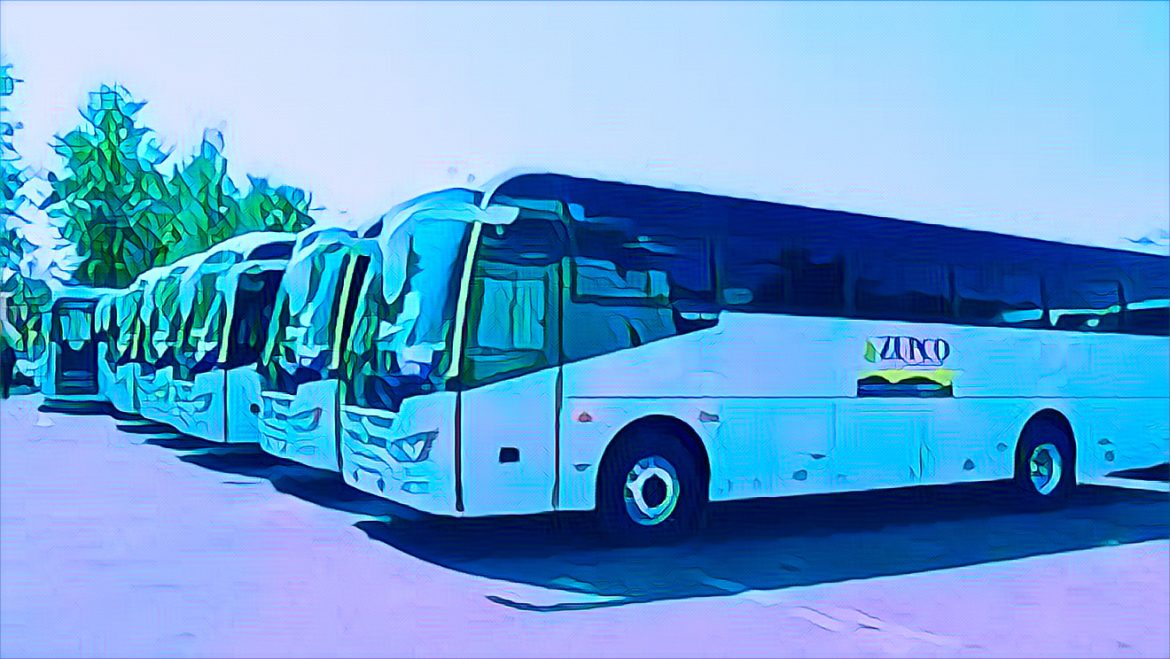Zimbabwe’s public transport operator, the Zimbabwe Passenger Company (Zupco), is encountering significant operational obstacles attributed to a persistent fuel shortage, mismanagement, and political interference. These challenges are reportedly affecting commuters and contributing to dissatisfaction with the country’s transport system.
According to sources within Zupco, the company’s main fuel depots have been dry for the past three weeks, despite the country having adequate fuel supplies. This scarcity has led to the suspension of many routes, leaving buses idle and drivers with no tasks other than signing the logbook when reporting for duty. Employees, speaking anonymously, have expressed frustration over the company’s inability to secure fuel, even for essential services.
The situation is further complicated by allegations of financial mismanagement and corruption within Zupco’s senior management. A leaked WhatsApp message from a regional manager revealed attempts to secure fuel through financial directives or credit were denied due to existing debts and a policy that prevents local purchasing at divisional levels. This has led to Zupco being blacklisted from purchasing fuel from private dealers.
Furthermore, the company’s involvement with political activities, particularly with the ruling Zanu PF party, has been a point of contention. It has been alleged that Zupco’s resources, including buses and fuel, have been used to support Zanu PF campaign activities. Insiders claim that during the 2023 general elections, senior Zupco managers allocated themselves generous allowances for attending Zanu PF rallies across the country. For each provincial star rally, at least ten senior managers were reportedly given $300 each. Additionally, it is claimed that fuel intended for Zupco was redirected to these political events, with excess amounts unaccounted for and suspected to be diverted for personal use.
These political affiliations have not only strained Zupco’s resources but have also raised questions about the priorities and governance of the company. The misuse of public transport assets for political purposes is seen by many as a betrayal of the trust placed in Zupco to provide reliable and non-partisan services to the public.
The operational inefficiencies and alleged corruption at Zupco are reflective of broader issues within Zimbabwe’s public sector, where nepotism, mismanagement, and lack of professionalism are rampant. These practices undermine public confidence in state-owned enterprises and exacerbate the challenges faced by ordinary Zimbabweans.
In response to the fuel crisis and management issues, some workers have suggested that the problems at Zupco are partly self-inflicted, a result of internal corruption and poor leadership. Despite the significant role Zupco plays in urban and rural mobility, the company has struggled to maintain service reliability and financial stability.
The implications of these issues are profound, not only for Zupco but for the thousands of commuters who rely on its services. The unreliability of public transport exacerbates economic challenges, hinders access to employment, education, and healthcare, and contributes to the overall decline in quality of life for many Zimbabweans.
Officials at Zupco and associated government bodies have been tight-lipped about the situation. Attempts to reach the Zupco board, the acting chief executive officer, and other officials have been met with requests for formal inquiries or outright silence. Even former Zanu PF secretary for finance, Patrick Chinamasa, refused to disclose the financial arrangements between Zupco and the ruling party regarding the provision of transport services for political events.
Given the ongoing situation, prioritizing transparent governance and public service over political interests is more important than ever. The issues with Zupco highlights the necessity for reform within Zimbabwe’s public transport sector and also demand a broader review of how state resources are managed and distributed. Without substantial changes, the pattern of mismanagement, corruption, and inefficiency will likely persist, causing significant harm to the people of Zimbabwe.
Source: Newsday


